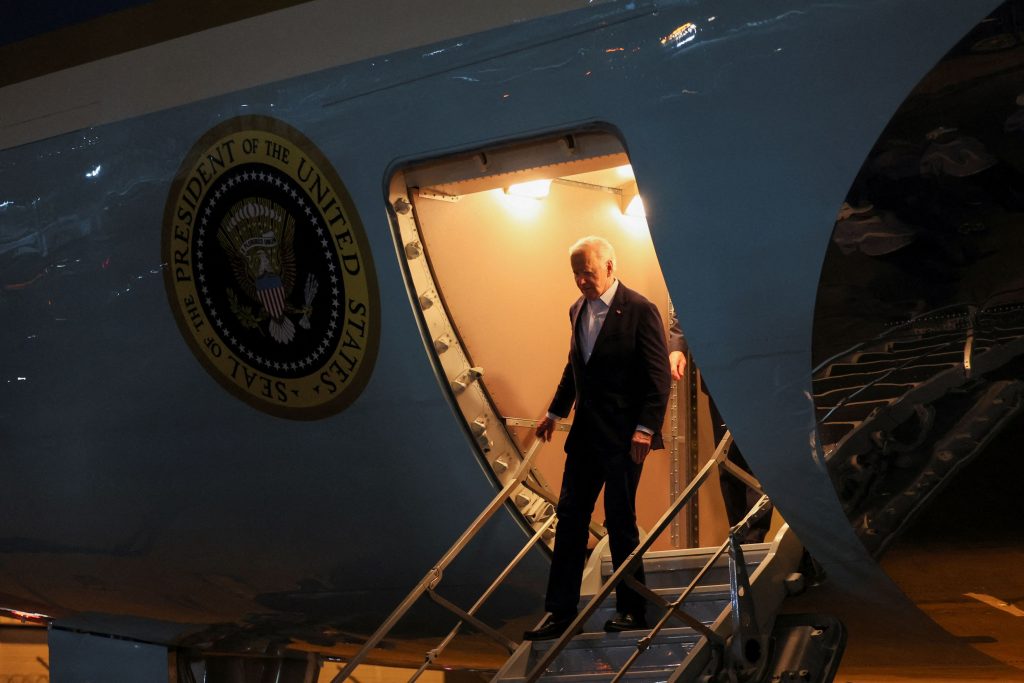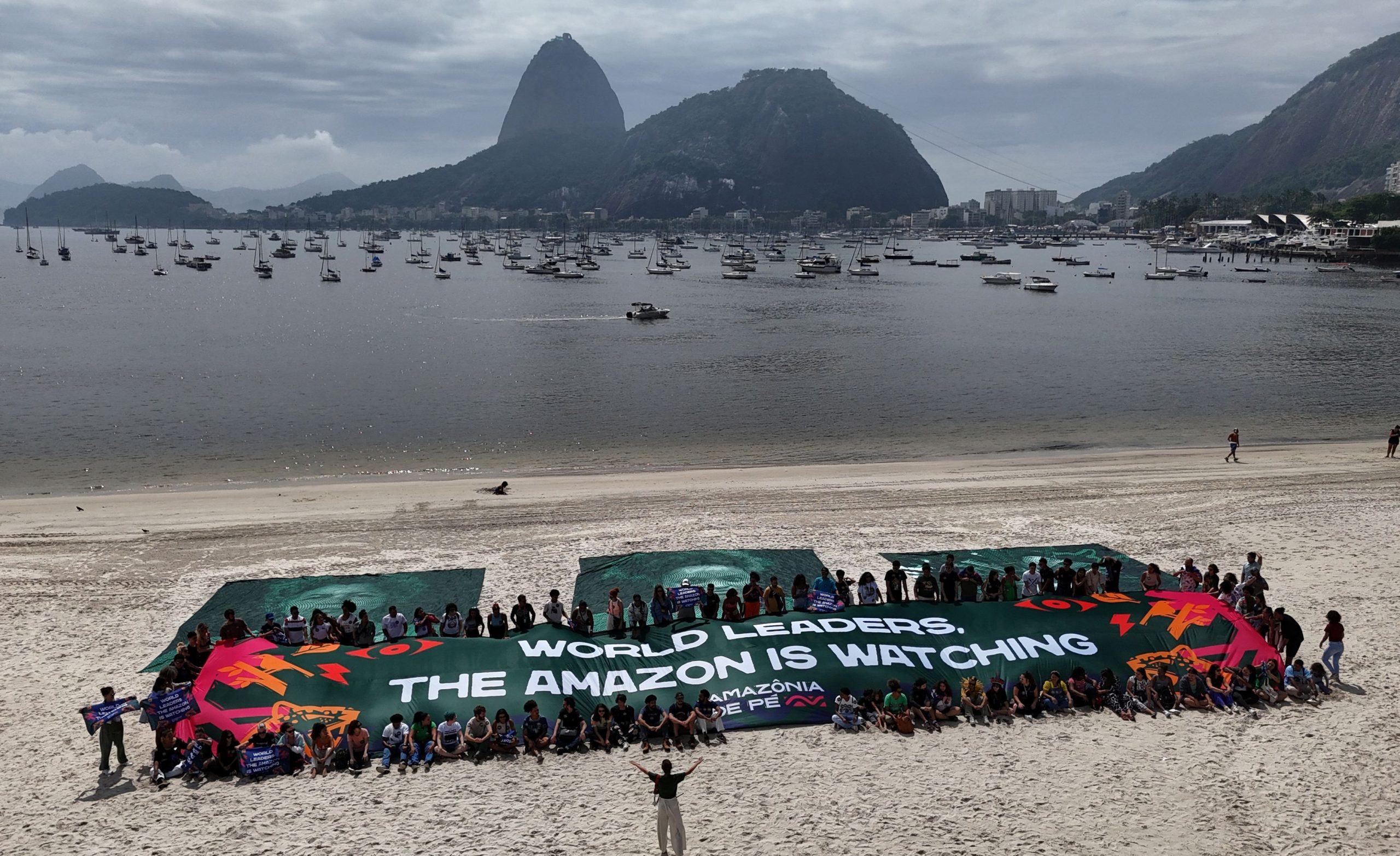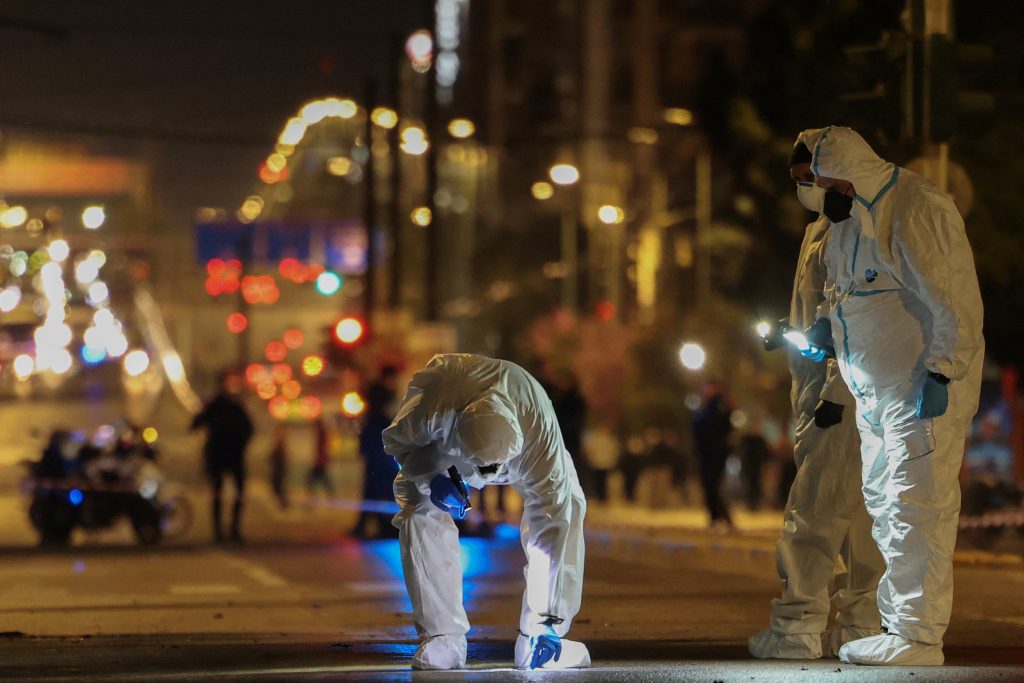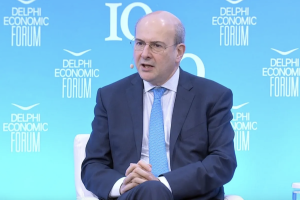Leaders from the G20 nations arrived in Rio de Janeiro on Sunday, preparing to address a range of pressing global issues on Monday and Tuesday, including poverty, hunger, institutional reforms, and the escalating violence in Ukraine after a the recent deadly Russian airstrike. Climate action also appears to be a key focus, spilling over from the ongoing UN Climate Change Conference (COP29) in Baku, Azerbaijan.
According to Reuters, negotiators in Rio reached a tentative agreement early Sunday to include voluntary contributions from developing nations in the G20’s climate finance plan. However, the text stops short of making these contributions obligatory, reflecting the contentious negotiations between Europe and countries like Brazil.
Developing nations argue that their ability to raise emissions-reduction targets depends on financial commitments from wealthy countries, which have historically contributed the most to global warming.
U.N. climate chief Simon Stiell wrote to G20 leaders, urging them to prioritize climate finance, including increasing grants to developing nations and reforming multilateral banks. However, the same divisions that have plagued COP29 have surfaced in Rio. Wealthy nations are pushing for a broader base of contributors to climate finance, including affluent developing nations like China and Middle Eastern oil producers.
Climate finance talks are overshadowed by the return of U.S. President-elect Donald Trump, who is reportedly preparing to withdraw the U.S. from the Paris Agreement once again. Trump’s plans to dismantle climate policies introduced by President Joe Biden, who visited the Amazon rainforest on Sunday before arriving in Rio, raise concerns about the financial and political support for global climate action.

U.S. President Joe Biden disembarks from Air Force One as he arrives in Rio de Janeiro, Brazil, November 17, 2024. REUTERS/Leah Millis
“Trump has no appreciation for multilateralism. I don’t see many possibilities of a Trump administration engaging in these issues or showing any interest in them,” a source at Brazil’s finance ministry anonymously told Reuters.
At COP29, negotiators are working to set ambitious funding goals, with estimates suggesting at least $1 trillion is needed annually to assist developing nations in addressing climate change. Meanwhile, the G20 nations, representing 85% of the global economy and 80% of global emissions, hold significant influence over multilateral development banks central to mobilizing these funds.
U.N. Secretary General António Guterres urged the world’s largest economies and emitters to lead by example, expressing concern over the slow progress at COP29.
I am asking #G20 leaders to impress on their Ministers and negotiators in Baku to agree on a new ambitious climate finance goal.
Failure is not an option.
The agreement is essential to incentivize the preparation of high ambition national climate plans next year.… pic.twitter.com/JA2QAcvOIP
— António Guterres (@antonioguterres) November 17, 2024
Brazil, which is set to host COP30 next year, hinges on securing an ambitious climate finance agreement. Central to this effort is “Mission 1.5,” a campaign to keep the Paris Agreement’s target of limiting global warming to 1.5 degrees Celsius alive. Current national pledges are projected to lea to a 2.6°C increase, according to U.N. estimates.



